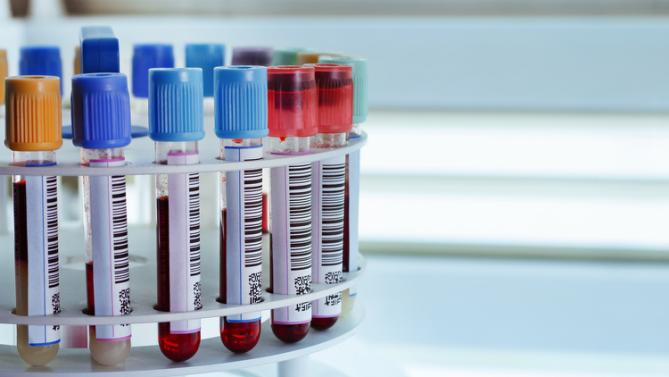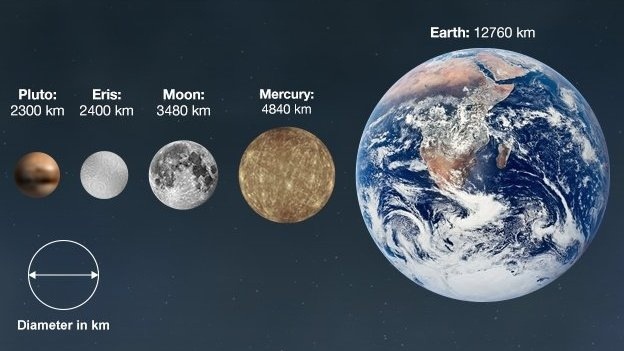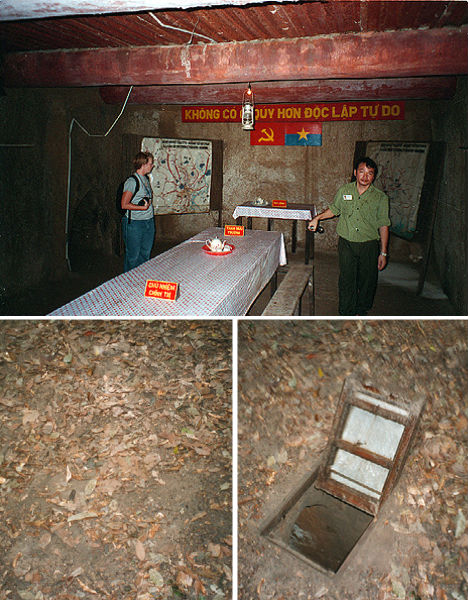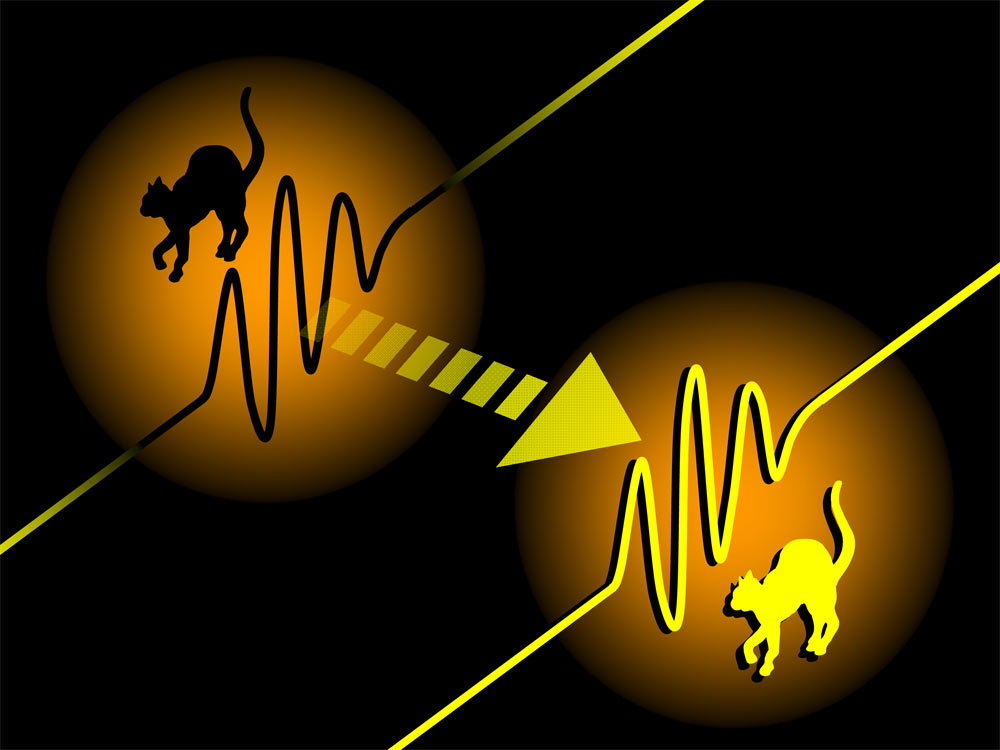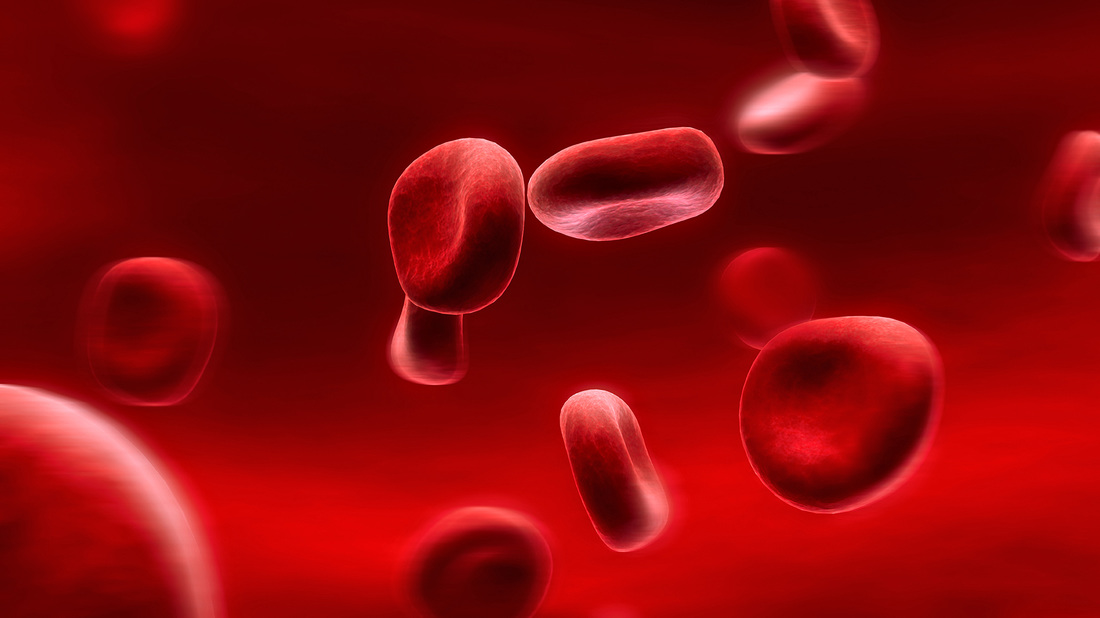
Synthetic blood manufactured from human stem cells could be used in patient trials within two years. The blood will be based on the universal donor group (O rhesus negative), a blood type suitable for up to 98 percent of the population.
It is hoped the new technology will meet the demand for blood in situations where real blood is in limited supply. Experts believe it will revolutionise treatment of patients in ambulances, war zones and disaster areas.
Teams from the Universities of Edinburgh and Essex have developed the artificial blood using adult bone marrow. The next step is to produce red blood cells from stem cells. These stem cells would either be taken from an embryo, or from adult skin cells that have been modified to their original pluripotent state from which they can develop into most different forms of cells (induced pluripotent stem cells).
The programme leader, Marc Turner, Professor of Cellular Therapy at the University of Edinburgh, explains that ‘it will probably be two or three years before we get to clinical trials and I would think it will be a decade or so before one sees these kinds of artificial red cells or cultured red cells in routine general practice’.
As the artificial blood cells could multiple indefinitely in the lab, the researchers have potentially found a way to make a limitless supply of blood. This supply could be created fresh when needed, and would be guaranteed to be free of viruses like HIV (human immunodeficiency virus) or hepatitis and diseases such as vCJD (variant Creutzfeldt-Jakob disease).
However, while the artificial blood sounds like a perfect solution, donor blood still performs better in animal trials and is associated with lower risk of cardiovascular problems after transfusion. Professor Chris Cooper of the University of Essex explained that it would not be realistic to use artificial blood in all transfusions, but in situations where blood is not easily available or for some specific procedures.
It is likely that the new blood will be used on battlefields where storing large quantities of blood is difficult, and for patients who need regular transfusions, such as those with thalassaemia where the cost of using donor blood is high.
The University of Essex is also working on an alternative to the artificial blood. Researchers have proposed packing manufactured haemoglobin into synthetic cell-like structures to be used instead of red blood cells. These man-made cells could transport oxygen and be used in all patients, regardless of blood type. The technology is likely to be perfected within five to ten years, and could be used alongside the stem cell derived blood.
Originally posted 2015-11-23 10:19:20. Republished by Blog Post Promoter

